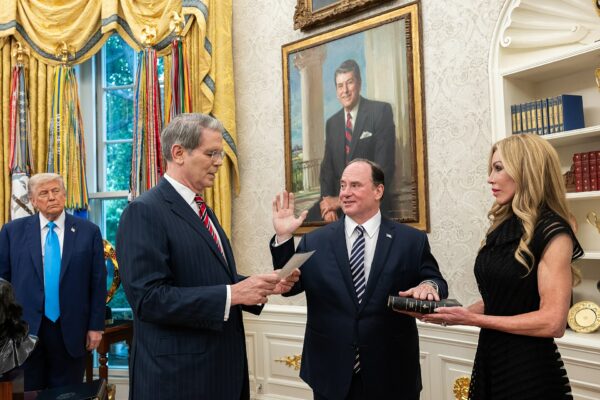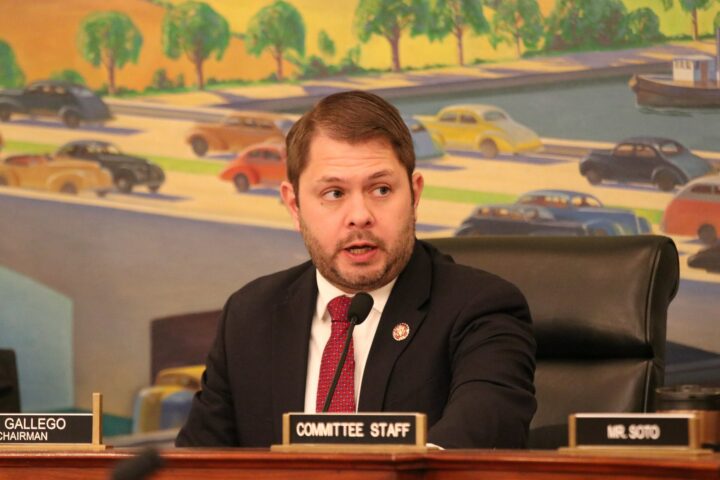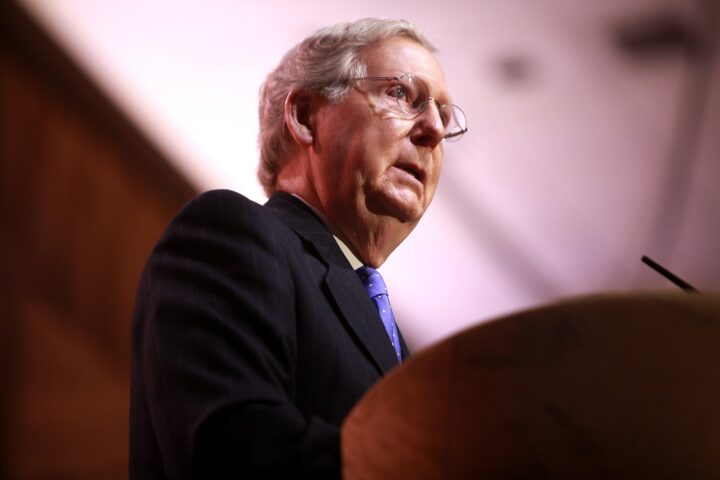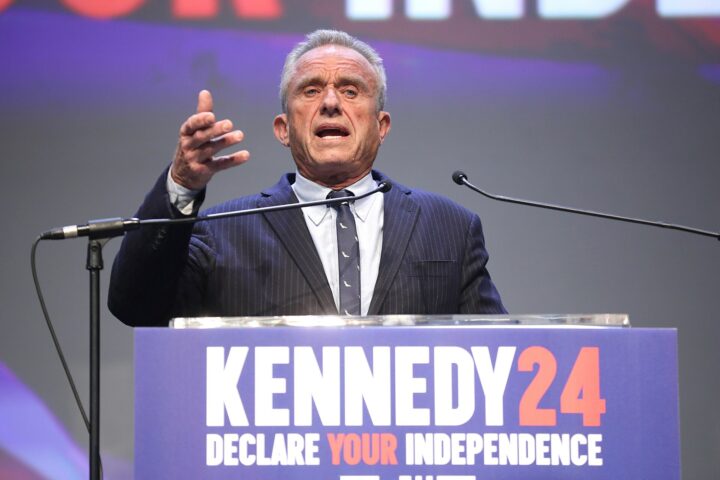In a pointed exchange aired Sunday on CNN’s “State of the Union,” Treasury Secretary Scott Bessent reportedly firmly defended the Medicaid provisions embedded in the recently enacted bipartisan fiscal package, pushing back against assertions that the plan would weaken the social safety net.
During the interview, host Dana Bash pressed Bessent on concerns that changes to Medicaid eligibility and funding would effectively reduce benefits for low-income Americans.
She argued that the legislation contradicted presidential assurances against altering the program.
Bessent countered by framing the measure as a substantial commitment to growth, stating that over a decade, Medicaid spending would increase by roughly 20 percent. “Only in Washington,” he retorted, “is a 20 percent increase called a cut.”
Bessent emphasized that core beneficiaries—pregnant women, children, and individuals with disabilities—would remain fully protected.
New work or community service requirements, he explained, would apply only to able-bodied adults without children, a group he argued could assume responsibility for their benefits.
These stipulations, he noted, correlate with existing state-level policies and enjoy bipartisan voter support.
To underscore his point, Bessent highlighted efforts to revitalize American manufacturing and raise wages, suggesting that increased employment opportunities would ease the transition for those now subject to work mandates.
“Poor people are not incapable,” he asserted, dismissing suggestions that the new rules were punitive. “Requiring registration twice a year is not a burden.”
Yet independent budget analysts paint a more complex picture.
Projections from the Congressional Budget Office estimate that despite the headline increase in spending, some 11 million individuals may lose coverage due to added requirements and procedural hurdles.
Medicaid’s total outlays could decline by nearly $1 trillion over the next decade when adjusted for inflation and per-capita enrollment.
Under the reform package, able-bodied adults aged 19 to 64 will need to document a minimum of 80 hours of monthly work, volunteer service, or educational activity.
Cost-sharing and more frequent recertification—rising from once every year to twice—serve as additional mechanisms intended to reduce federal expenditures.
Proponents say such measures curb fraud and promote personal responsibility. Critics argue they erect barriers to care, especially among those in precarious employment.
Amid the debate, Speaker of the House Mike Johnson hailed the legislation as a hallmark of conservative achievement.
He emphasized that it would energize the Republican platform ahead of the 2026 midterms by demonstrating fiscal discipline and pragmatic governance.
The Medicaid revisions lay bare fundamental tensions in the national safety-net debate: is it more effective to constrain eligibility to curb spending or to maintain broad inclusivity at higher cost?
Bessent’s performance on Sunday signaled a strategic pivot—affirming commitment to expansion in budgetary terms, while insisting on reform in execution.
The coming months will test whether these changes bolster economic self-sufficiency or endanger the health coverage of millions.
[READ MORE: NORAD Scrambles To Protect Trump County Club]








